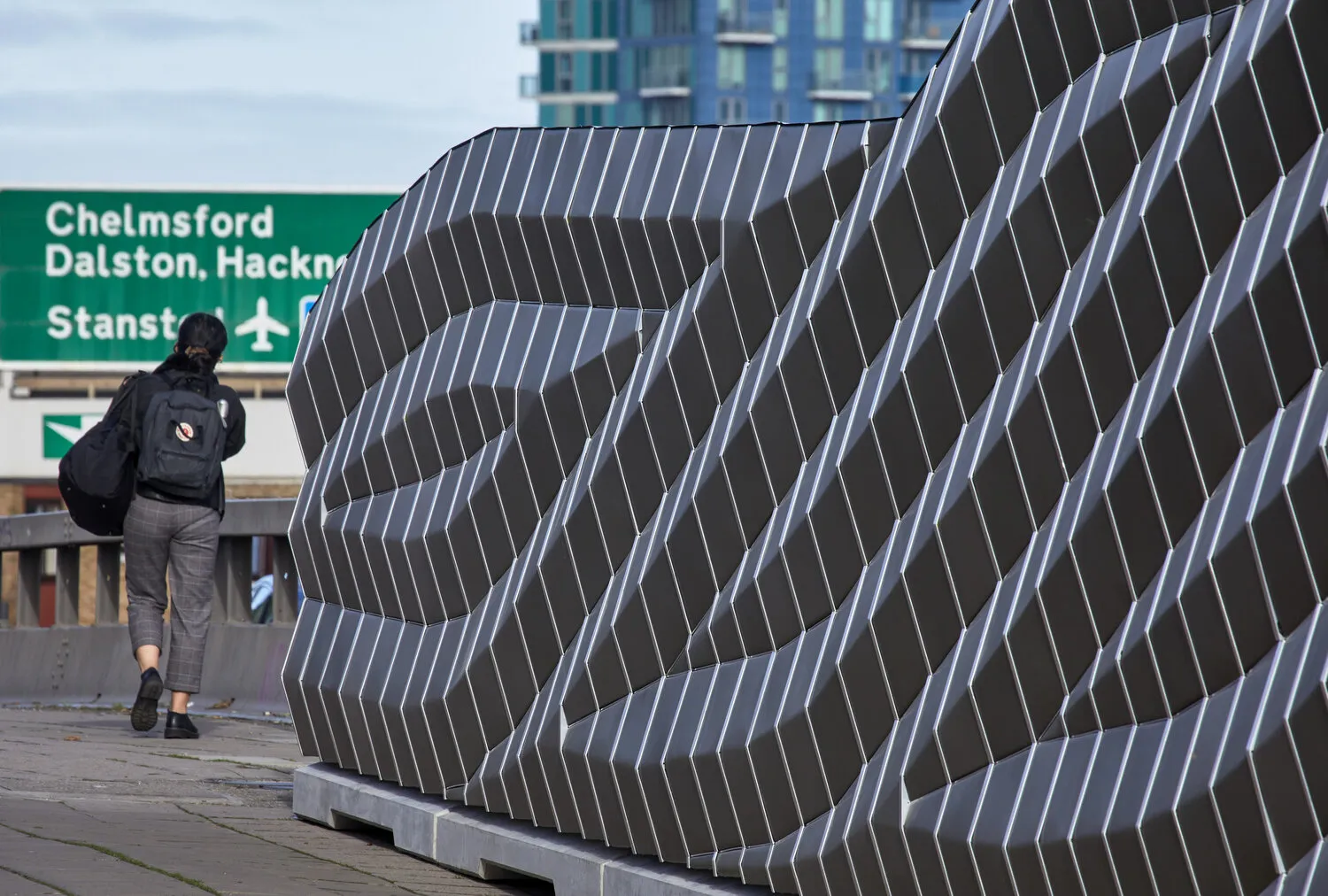Swedish company Prisma Tibro will feature a range of products at Intertraffic Amsterdam including Prisma Daps 2000 which it claims is one of the world’s most developed digital acoustic pedestrian signals.
April 6, 2016
Read time: 1 min

Swedish company 8344 Prisma Tibro will feature a range of products at Intertraffic Amsterdam including Prisma Daps 2000 which it claims is one of the world’s most developed digital acoustic pedestrian signals.
New electronic design brings greater flexibility and safety while more functions include advanced sound settings, spoken messages, RFID, smart ambient noise control and vibration. Settings for the device are installed or changed through a user-friendly wireless app using NFC communication.










